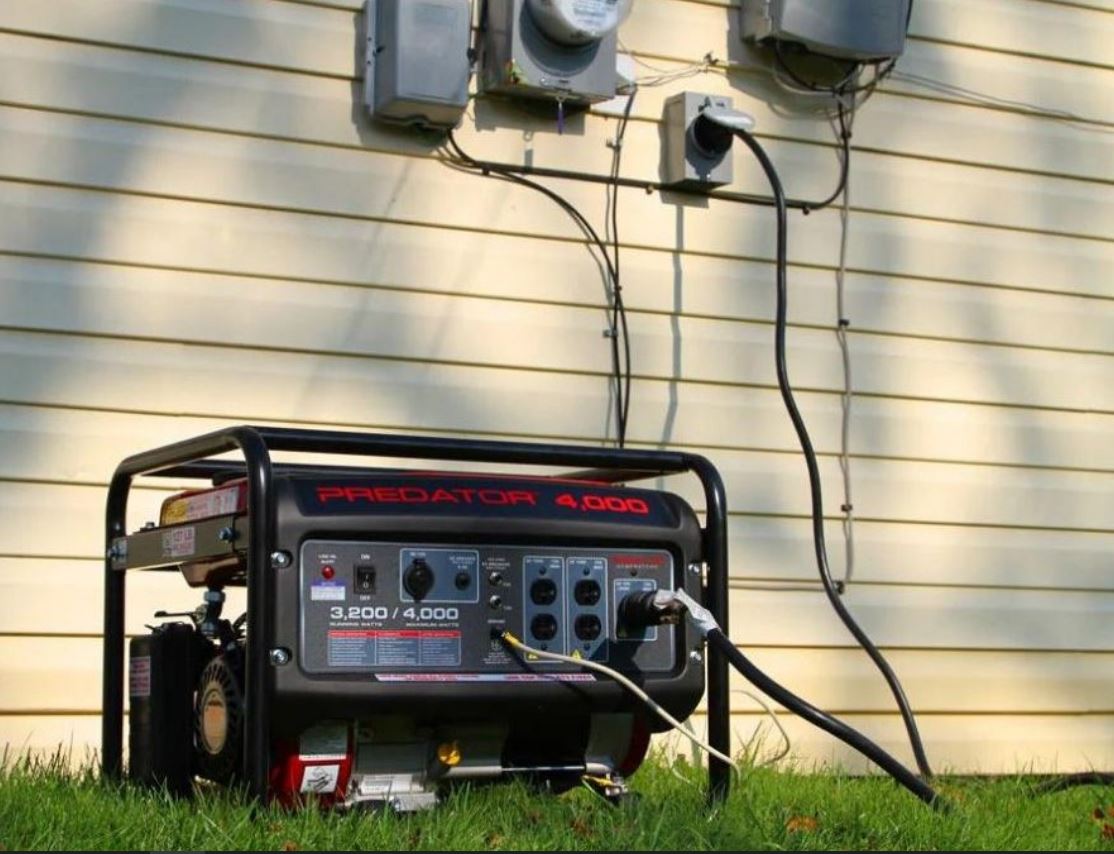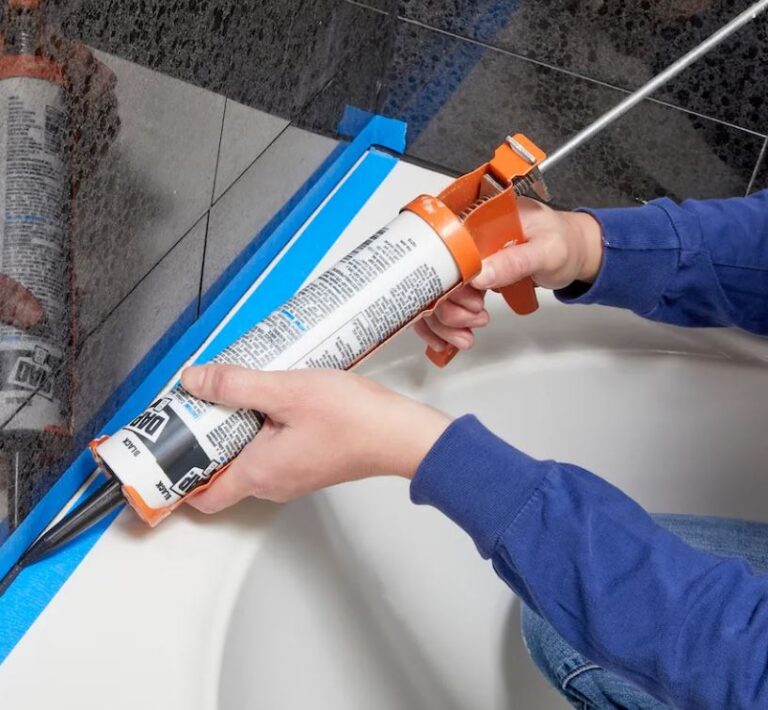Need a Generator for Your House? Here Are Some Buying Tips
Power outages can happen unexpectedly due to storms, grid failures, or natural disasters. When the electricity goes out, having a reliable generator can keep your home running smoothly—powering essential appliances, medical equipment, and even providing comfort during emergencies.
But with so many types, brands, and features available, choosing the right generator for your home can be overwhelming. This guide will walk you through everything you need to know before making a purchase, ensuring you get the best generator for your needs.
[ruby_related heading=”More Read” total=3 layout=1 offset=5]
Why Do You Need a Home Generator?
Before diving into buying tips, let’s discuss why a generator is a worthwhile investment:
- Emergency Preparedness – Keeps lights, refrigerators, and medical devices running during outages.
- Home Comfort – Powers heating or cooling systems, ensuring safety in extreme weather.
- Work & Productivity – Allows remote workers to stay connected without interruption.
- Property Protection – Prevents food spoilage, frozen pipes, and security system failures.
Now that you know the benefits, let’s explore how to choose the right generator.
Types of Generators for Home Use
1. Portable Generators
Best for: Occasional use, small households, camping, or job sites.
Power Output: 1,000 – 10,000 watts
Pros:
✔ Affordable
✔ Easy to move and store
✔ Can power essential appliances
Cons:
✖ Requires manual setup
✖ Limited power capacity
✖ Runs on gasoline, which can be noisy and requires refueling
2. Inverter Generators
Best for: Sensitive electronics (laptops, TVs), quiet operation, RVs.
Power Output: 1,000 – 7,000 watts
Pros:
✔ Fuel-efficient
✔ Quiet operation
✔ Clean power (safe for electronics)
Cons:
✖ Higher cost than conventional portable generators
✖ Limited wattage for large homes
3. Standby (Whole-House) Generators
Best for: Automatic backup power for entire homes.
Power Output: 7,500 – 20,000+ watts
Pros:
✔ Turns on automatically during outages
✔ Powers entire home (HVAC, water heater, etc.)
✔ Runs on propane or natural gas (no refueling needed)
Cons:
✖ Expensive upfront cost
✖ Requires professional installation
4. Solar Generators
Best for: Eco-friendly, silent power, off-grid living.
Power Output: 500 – 3,000+ watts (varies by battery capacity)
Pros:
✔ No fuel costs (runs on solar panels)
✔ Silent operation
✔ Low maintenance
Cons:
✖ Limited power in cloudy weather
✖ High initial cost for large systems
Key Factors to Consider Before Buying a Generator
1. Determine Your Power Needs
The first step is calculating how much wattage you need. Make a list of essential appliances and check their starting (surge) and running watts.
Example:
- Refrigerator: 800W running, 1,600W starting
- Sump Pump: 1,000W running, 2,300W starting
- Lights & Fans: 500W
- Window AC: 1,200W running, 2,200W starting
Total Running Watts: 3,500W
Total Starting Watts (highest surge): 2,300W (since not all appliances start at once)
Choose a generator with at least 20-25% more capacity than your total wattage to avoid overloading.
2. Fuel Type & Runtime
- Gasoline: Easily available but goes bad quickly (store with stabilizer).
- Propane: Longer shelf life, cleaner burning, but requires tanks.
- Natural Gas: Unlimited supply if connected to a gas line (best for standby generators).
- Diesel: Efficient for heavy-duty use but noisy and emits more fumes.
- Solar/Battery: No fuel needed but depends on sunlight.
Runtime: Check how long the generator runs at 50% load. A good portable generator runs 8-12 hours, while standby units can run for days.
3. Noise Level (Decibels – dB)
- Quiet (50-60 dB): Inverter and solar generators (good for neighborhoods).
- Moderate (60-75 dB): Standard portable generators (like a loud conversation).
- Loud (75+ dB): Diesel or industrial generators (hearing protection recommended).
4. Transfer Switch (For Safe Home Connection)
If connecting a generator to your home’s electrical system, a transfer switch is mandatory to prevent backfeeding (which can electrocute utility workers).
- Manual Transfer Switch: Requires you to switch circuits manually.
- Automatic Transfer Switch (ATS): Used with standby generators for seamless power transition.
5. Portability vs. Permanent Installation
- Portable: Wheel kits and handles make movement easier.
- Standby: Must be installed permanently with a concrete pad.
6. Maintenance Requirements
- Portable Generators: Need oil changes, air filter cleaning, and fuel stabilization.
- Standby Generators: Require professional servicing (oil changes, battery checks).
- Solar Generators: Minimal maintenance (just keep panels clean).
7. Budget & Long-Term Costs
- Portable: 2,000
- Inverter: 4,000
- Standby: 10,000+ (plus installation)
- Solar: 5,000+ (depending on battery capacity)
Tip: Consider fuel costs over time—propane and natural gas are cheaper than gasoline.
Top Generator Brands to Consider
Here are some trusted brands known for reliability:
- Honda – Best for quiet, efficient inverter generators.
- Generac – Leading standby generator brand.
- Champion – Affordable and reliable portable generators.
- Westinghouse – Great value with long runtimes.
- Goal Zero (Solar) – Top choice for solar-powered generators.
Safety Tips When Using a Generator
- Never run indoors – Generators emit deadly carbon monoxide (CO). Keep them 20+ feet from windows/doors.
- Use heavy-duty extension cords – Rated for outdoor/wet conditions.
- Ground the generator (if required) – Follow the manufacturer’s instructions.
- Store fuel safely – Away from living spaces and heat sources.
- Install a CO detector – To alert you of dangerous fumes.
Final Checklist Before Buying
✅ Calculated your wattage needs
✅ Decided on fuel type (gas, propane, solar, etc.)
✅ Compared noise levels (important for residential use)
✅ Checked transfer switch requirements
✅ Set a budget (including installation if needed)
✅ Read customer reviews on preferred models
Conclusion
Buying a generator is a smart move for any homeowner who values preparedness and comfort during power outages. Whether you need a small portable unit for emergencies or a whole-house standby generator for seamless backup power, understanding your needs and the different options available will help you make the best choice.







